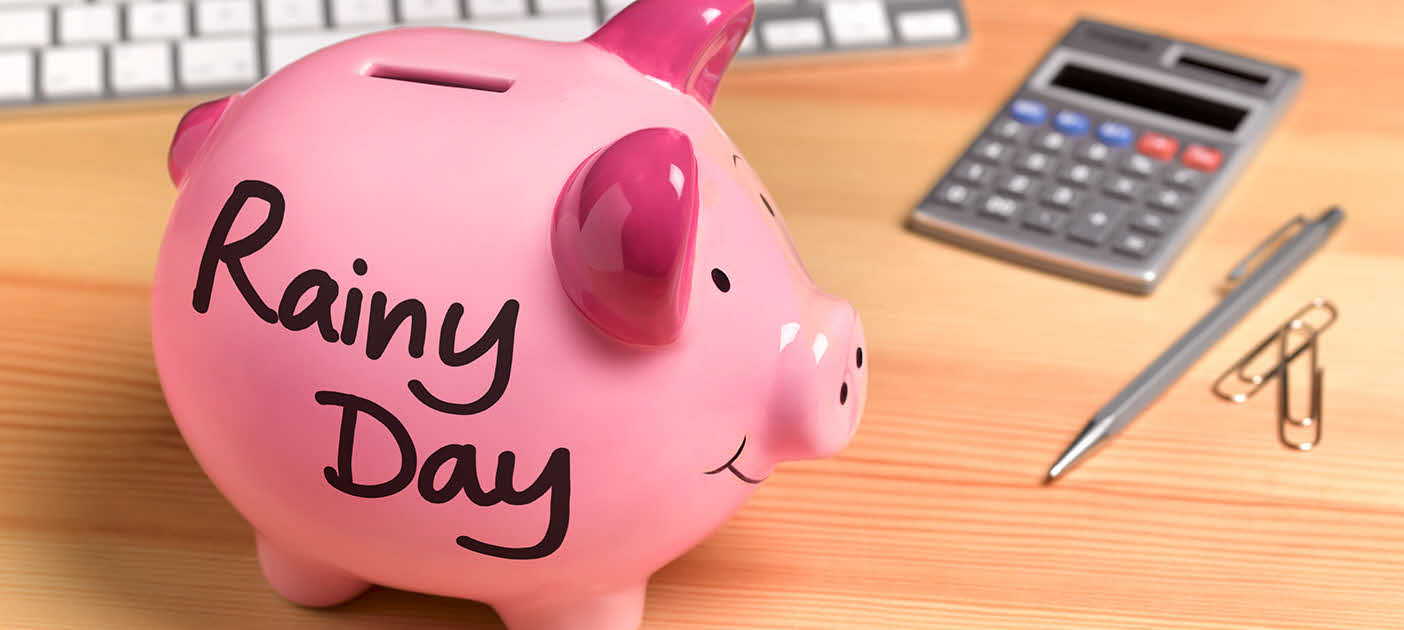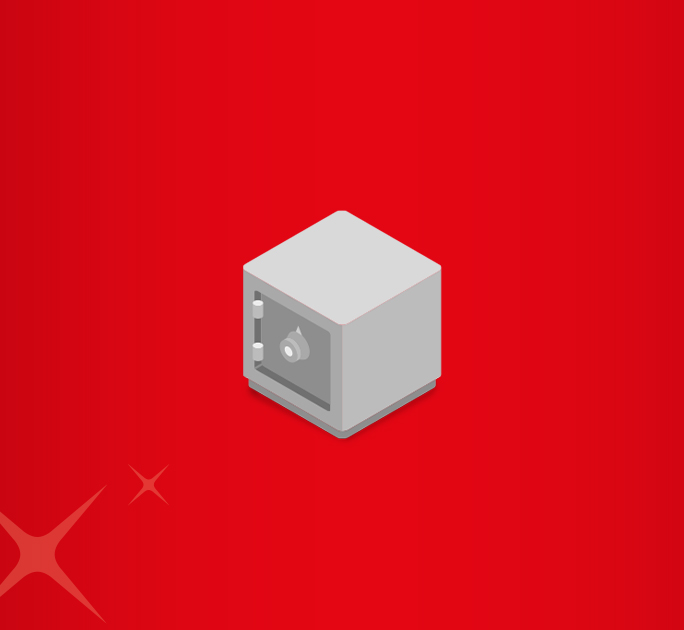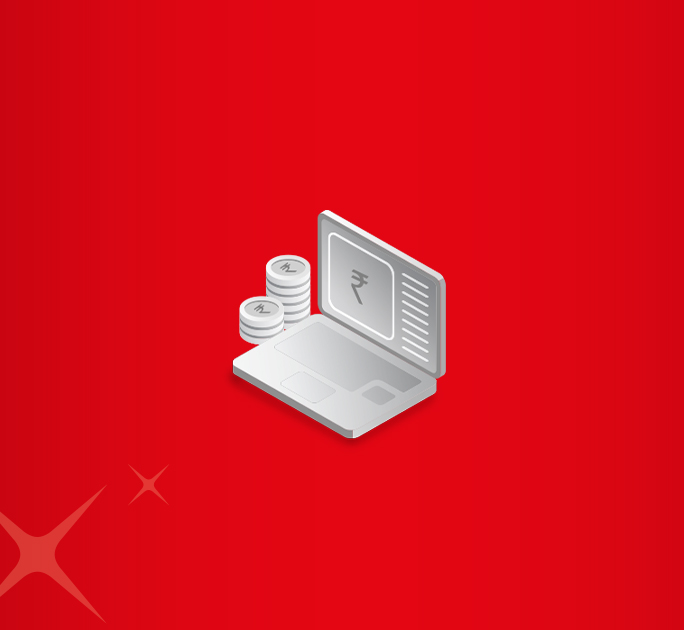“Do not save what is left after spending, but spend what is left after saving.” — Warren Buffet
We know how amazing it feels when it’s salary day. That sweet ping on your phone saying that your account has been credited is the happiest you feel in the month. What if we told you that it is possible to save more for your big-ticket purchases without changing your salary. There are two ways to do it – invest in Fixed Deposits (FDs) or Recurring Deposits (RDs). Here we’ll tell you about their features. We’ll also show you how to know the difference between FD and RD.
Common Features Of Fixed Deposits and Recurring Deposits
Before we talk about recurring deposits vs fixed deposits. Let’s see if they have a common ground. You could pick one over the other, but keep in mind that it usually depends a lot on what your personal preferences are.
Both of them are low-risk investments, which means that on maturity, you will get your original sum or the principal back along with interest. Also, the tenure for both can be anywhere between a few days to five years.
When it comes to taxability, the interest income for both fixed and recurring deposits is taxable at source (TDS) if it exceeds Rs. 40,000 in a financial year. The current TDS is at the rate of 10%. This rule is w.e.f. Assessment Year 2020-2021.
In case you’re wondering if either an FD or RD can be used as collateral - yes, it’s possible. This is a benefit for those of you who don’t want to withdraw your money.
These are the common points, now let’s look at fixed deposits vs recurring deposits.
Differences Between Fixed Deposits and Recurring Deposits
Method of Saving
Fixed deposits are saving schemes where you invest in a one-time lump sum at a pre-determined interest rate. On the other hand, in a recurring deposit, you can set aside a fixed amount every week, month or quarter.
Investment Amount
Another essential feature of fixed deposits vs recurring deposits is the investment amount. In a fixed deposit, the initial investment amount is usually higher, for most banks it’s Rs. 5,000. Whereas with a recurring deposit you can set aside comparatively smaller sums; for many banks it is as low as Rs. 500.
Withdrawal
You can partially withdraw from your fixed deposit, and the remaining amount will continue to earn interest. You cannot partially withdraw from a recurring deposit. However, you can withdraw prematurely from either of the two.
Now that you’ve seen all about FD vs RD; let’s look at how to decide which one is good for you.
Benefits of FD
- Guaranteed Returns: Fixed-rate deposits (FDs) provide a fixed interest rate for the duration of the loan, guaranteeing a profit on your investment.
- Higher Interest Rates: If you want to increase the return on your investments, FDs are a smart alternative because they usually provide higher interest rates than savings accounts.
- Liquidity: Although FDs have a lock-in period, some institutions charge a penalty for early withdrawals. This offers a certain level of cash in an emergency.
- Tax Benefits: Although interest on FDs is taxable, if you invest in tax-saving FDs, you may be eligible for Section 80C tax deductions.
Benefits of RD
- Disciplined Saving: As you pledge to make consistent contributions, RDs support disciplined saving practices.
- Flexibility: An RD is a good option for people with limited funds because you can open one with a small initial deposit and make ongoing contributions.
- Simple Management: You can open and maintain RDs online or at your local bank branch. They are simple to handle.
- Convenience: You can set up automatic transfers from your pay account or savings account to make regular contributions to your retirement account.
- Emergency Fund: RDs are a terrific method to accumulate money for unforeseen costs.
How Does One Choose Between The Two?
So, what’s your goal when you evaluate FD vs RD? You technically want to be able to earn more interest income, but then, you’re also cautious about how much money you want to put in.
An FD is a good option for those of you who are willing to invest a large sum of money in one go and for a longer time. If you have your eye on your favourite high-end laptop or a much-awaited short vacation, go for fixed deposits. The premature-withdrawal feature of an FD is a great way to raise funds in a contingency. So, if you need cash to pay for a medical emergency, look to your fixed deposit as a friend in need.
An RD is a good option if you’re looking to get more from your monthly income. By investing comparatively smaller amounts at particular intervals, you can afford a few luxuries without leaving a dent in your budget. If you put aside, say Rs. 5,000 every month, you can use this amount for anything you’d want, or this can even help you in case your salary runs out towards the month-end.
Conclusion:
Both fixed and recurring deposits are attractive, low-risk investments to help you save; the choice is finally yours. Your final decision after considering all the common features and differences of fixed deposits vs recurring deposits will depend on the kind of financial requirements you have. You also need to consider how much you’re comfortable investing. Both go a long way to help you on a rainy day, but understanding your investment needs is sure to help you move ahead in a direction where you’ll eventually want to head to, so make the smart decision and start early.
If you’re looking to open a fixed deposit or a recurring deposit quickly with zero paperwork, look no further than digibank by DBS. Download the app to get started.








